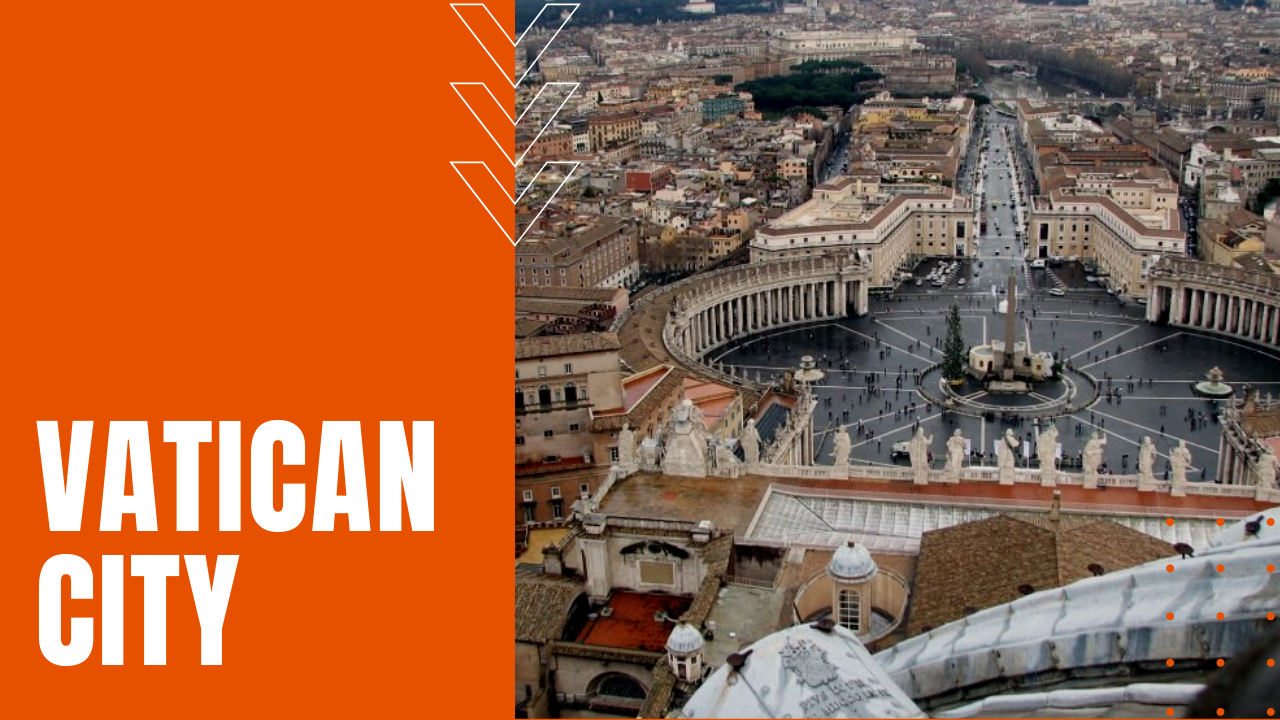Vatican City: Smallest Country in the World

Holding the distinction as the smallest country in the world—a mere 825 residents—Vatican City or simply the Vatican is a standalone city-state that covers some 100 acres, or about one-eighth the size of New York’s Central Park.
Governed as an absolute monarchy in support of the Pope, the Vatican mints its own euros and stamps, flies its own flag and issues its own passports and license plates. Lacking any tax authority, Vatican City funds its operations through museum admission fees and souvenir sales, which sees approximately five million annual tourist within the city walls.
The Papal States Conquered
From 754 to 1870, multiple popes ruled a part of Italy known as the Papal States, and it was during this 1,000-year reign that the popes constructed St. Peter’s Basilica, which remains the largest church in the world. Eventually, the Kingdom of Italy next door to the Papal States thought that Rome would make for an excellent capital, so in 1870 they conquered the Papal States, forcing a standoff with the Catholic Church, whose popes and officials hid behind the Basilica walls.
After a 60-year standoff against the Kingdom of Italy, in 1929, Mussolini signed into law the Lateran Treaty, which gave the Catholic Church the land which is now Vatican City, at the same time making peace with the world’s now 1.329 billion baptized Catholics.
Papal Palace and Protection
After the Avignon Papacy of 1309 to 1437, Catholic popes moved their residence to the Apostolic Palace within the Vatican, although they also reside periodically at the Quirinal Palace in Rome. Now home to not only St. Peter’s Basilica, but the Sistine Chapel as well as one of the largest museum collections in the world, now that the Catholic Church allows only one pope to rule over the Holy See at any given time, the Pope heads a Governorate that consists of a president, a general secretary and a vice general secretary, each appointed directly by the Pontiff for five-year terms.
These functionaries in turn oversee the operations of several departments and offices, providing oversight for such things as record keeping, transportation and finance. The Swiss Guard, finally, who provide security for the Vatican and the pontifical villa known as Castel Gandolfo, have the dubious distinction of being the smallest army in the world.
